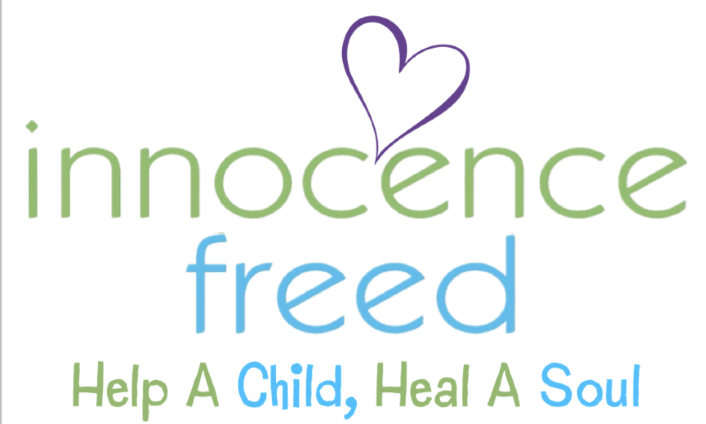
The Re-Exploitation of Human Trafficking Survivors—A Hidden Crisis
At Innocence Freed, we stand beside survivors of human trafficking every day. These women are courageous, resilient, and determined to reclaim their lives. Yet, even after escaping the horrors of trafficking, many survivors face the risk of being re-exploited—a cycle that can undermine their progress and push them back into vulnerable situations. Reexploited by those who claim to help them.
We want to shed light on this often-overlooked issue and explain why it’s so critical for us, as a community, to ensure that survivors receive ongoing support and protection.
What is Re-Exploitation?
Re-exploitation occurs when human trafficking survivors, despite having escaped their initial trafficking situation, find themselves in circumstances where they are once again at risk of being exploited—whether economically, emotionally, or sexually. The reasons for this are multifaceted, but at the core is a lack of safe and stable environments for survivors to rebuild their lives.
Many survivors leave their traffickers only to encounter other forms of exploitation due to systemic gaps, such as:
- Housing instability: Without safe housing, survivors may turn to unsafe living conditions or return to their traffickers out of desperation.
- Economic vulnerability: A lack of employment opportunities can push survivors into exploitative work environments or even back into trafficking.
- Emotional manipulation: Trauma can leave survivors vulnerable to further abuse or exploitation from new predators who sense their vulnerability.
- Survivor spotlight: Asking survivors to share their stories for fundraisers, media outlets, and our own curiosity is re-exploitation.
Why Does Re-Exploitation Happen?
Escaping a trafficking situation is just the beginning of a long and difficult journey. Once free, survivors need extensive support, including housing, medical care, trauma counseling, and legal aid. They remain vulnerable to those who prey on their desperation without these resources. Unfortunately, societal systems often fail to meet these needs adequately, leaving survivors to fend for themselves in environments that exploit their vulnerabilities. It is critical for advocates and victim service providers to fully understand what their role may be in the re-exploitation of a survivor.
Common factors contributing to re-exploitation include:
- Lack of long-term housing options: Emergency shelters may offer immediate relief, but survivors need long-term housing that provides security and stability. Without it, many risk being re-trafficked.
- Trauma and mental health challenges: Survivors often suffer from PTSD and other mental health issues. Without proper support, they can struggle to maintain stability, making them targets for further exploitation.
- Limited job opportunities: Survivors may face barriers to employment, including stigma, lack of skills, or gaps in their work history due to their trafficking experience. This economic instability increases their risk of re-exploitation.
Breaking the Cycle
To truly help survivors of trafficking, we must recognize that their needs don’t end when they escape their traffickers. Ongoing support is crucial to preventing re-exploitation. This is why we focus on:
- Safe, long-term housing: A stable home is one of the most important factors in helping survivors avoid re-exploitation. It provides them with a secure base from which to rebuild their lives.
- Economic empowerment: Providing job training, employment opportunities, and financial support helps survivors become self-sufficient and less vulnerable to exploiters.
- Trauma-informed care: Addressing the mental health needs of survivors through counseling and support groups is essential in helping them heal and regain control over their lives.
What You Can Do
As a community, we have the power to prevent the re-exploitation of survivors by providing resources and support systems that foster safety, healing, and empowerment. Here’s how you can help:
- Donate: Your financial support can provide housing, job training, and counseling for survivors. Every contribution makes a difference. Donate Here
- Volunteer: Offer your time or skills to organizations that provide direct services to survivors. Sign up Here
- Spread awareness: Share information about re-exploitation and the challenges survivors face. The more people understand this issue, the more we can work together to find solutions.
Re-exploitation is a hidden crisis that many trafficking survivors face, but it’s one we can address together. By recognizing the ongoing needs of survivors and providing them with the resources to thrive, we can break the cycle of exploitation for good.
At Innocence Freed, we are committed to fighting for every survivor’s right to safety, dignity, and independence. Thank you for standing with us in this vital mission.

